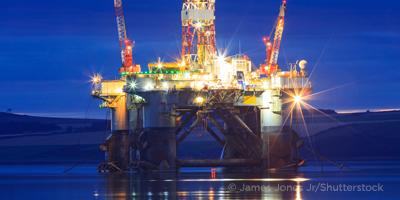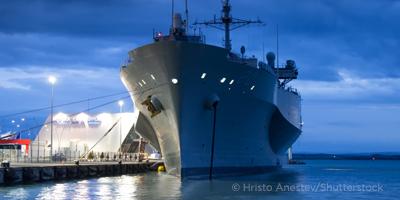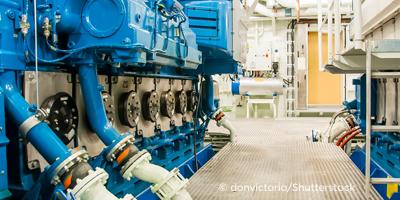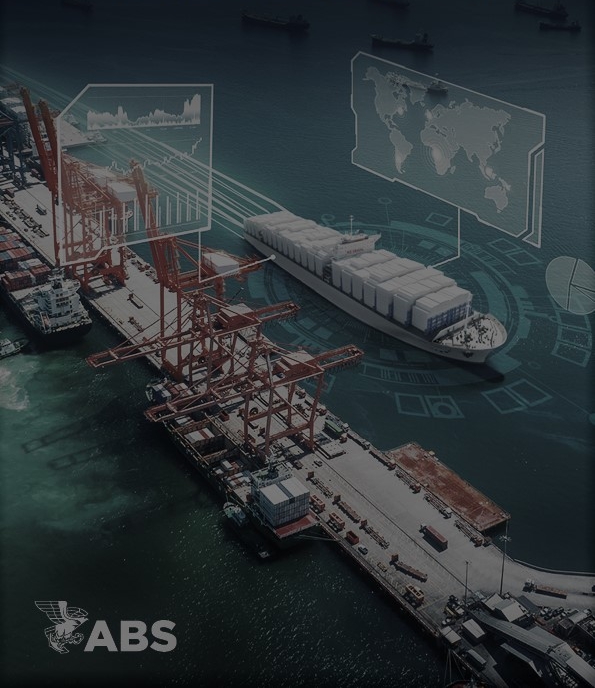Supporting the Decarbonization Journey
At ABS, we are continuing to support the global energy transition through in-depth research and collaboration with industry partners. This includes exploring the potential of advanced nuclear reactor technologies for maritime and offshore applications.
Nuclear Energy for Marine Propulsion
Nuclear energy has been providing zero-emission power for naval and government vessels for more than six decades. With the increased focus on zero-carbon emissions in the maritime industry and the development of small scale modular nuclear reactors, nuclear-powered merchant ships offer the potential for the decarbonization of the global fleet. For nuclear power to become a viable solution for marine applications, there are many issues to be resolved, including further technology development and a means to demonstrate the suitability of nuclear power.
Offshore Nuclear Power Production and Applications
ABS has introduced the first comprehensive Rules for floating nuclear power plants, marking a significant milestone in the adoption of nuclear technology for offshore applications. These new rules provide a framework for integrating advanced reactor technologies into floating assets like power barges and offshore production units. The Rules establish regulatory oversight by collaborating with nuclear regulators and flag Administrations to promote safe application in the marine and offshore sectors. The ABS Requirements for Nuclear Power Systems for Marine and Offshore Applications (2024) are available for free download.
ABS is working closely with the U.S. Department of Energy (DOE) and industry partners to conduct further research of nuclear technology applications. Several projects have emerged focused on leveraging floating assets, specifically barges, to generate nuclear power for onshore use. In 2020, ABS completed a feasibility study for a Compact Molten Salt Reactor (CMSR), the concept was designed so that the CMSR could be installed on a power barge to provide electric power to shore.
Advanced Reactor Research
While current marine reactors can be large, heavy and involve lengthy and complex refueling or decommissioning processes, research is ongoing into new types of reactors that could reduce their size and increase operating time without refueling needed. These include heat pipe reactors and molten salt reactors. Advanced reactor designs for maritime applications are intended to reduce the weight of the reactor, increase automation and safety, and make the refueling process much easier.
How ABS is Assisting the Industry
ABS is supporting the industry’s journey to decarbonization through joint development projects (JDPs), new technology qualifications (NTQs) and approvals in principle (AIPs) involving nuclear propulsion systems and offshore nuclear facilities. These include a project focused on integrated thermal-electric energy management of an all-electric ship with advanced nuclear reactors with the University of Texas at Dallas and a contract with the DOE to research barriers to demonstration projects and adoption of advanced nuclear propulsion on commercial vessels.
ABS can assist shipowners and operators, offshore energy producers and other similar industry stakeholders who are researching the applications and uses of alternative fuels, like nuclear power, through:


































